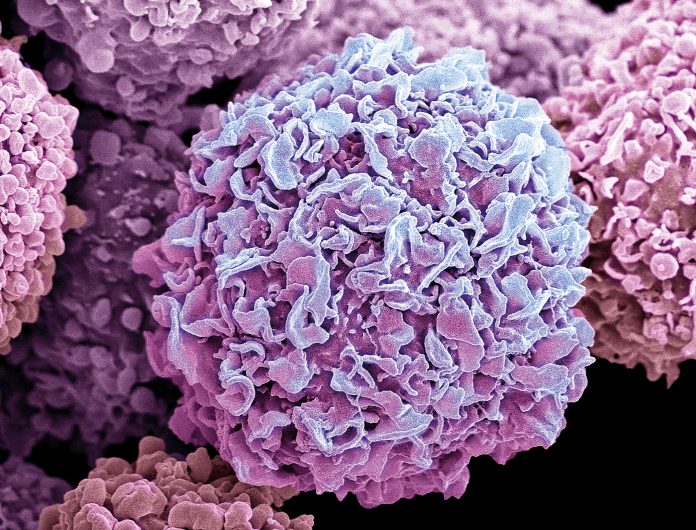
Owkin and AstraZeneca have partnered on an AI-powered tool to pre-screen for germline BRCA (gBRCA) in breast cancer, directly from digitized pathology slides. This tool aims to significantly accelerate and expand access to gBRCA testing that many patients may not be considered for. The solution is currently in development and undergoing validation. Owkin applies causal AI to precision drug discovery, development, and diagnostics.
The tool could accelerate diagnosis for many women. Typical BRCA testing can take several months, involves several healthcare professionals, and has a huge impact on patient outcomes. But the two companies see a way to streamline this process. In particular, gBRCA variants tend to cause homologous recombination repair deficiency in breast cancer patients, which may hasten disease progression, leading to primary ovarian cancers, secondary contralateral BCs, locoregional recurrence and even distant metastasis, research suggests.
The Owkin/AstraZeneca gBRCA pre-screening solution could enhance the efficiency of BRCA mutation identification. Their vision is that, in less than one hour, the test could identify a patient at high risk of harboring gBRCA mutation by leveraging existing material, including H&E slides. This could streamline the gBRCA testing process, allowing oncologists and genetic counselors to accelerate the gBRCA genetic testing for high-risk patients and incorporate these genetic test results into the treatment planning process without delays.
The tool could also expand treatment. Owkin estimates that if routinely used, this gBRCA pre-screening test could lead to the identification of thousands more gBRCAm HR-positive early breast cancer patients in France, Germany, Italy, Spain, and the United Kingdom by 2030.
Thomas Clozel, MD, co-founder and CEO of Owkin, said, “We are excited to collaborate with AstraZeneca to bring the benefits of AI to BRCA testing with the gBRCA Pre-Screen solution. During Breast Cancer Awareness Month, it’s especially important to highlight how by streamlining the diagnostic process for determining BRCA mutation status, we can expand access to BRCA testing and identify more gBRCAm patients more rapidly. Our goal is to generate the best possible medical evidence through multiple clinical studies, making genetic testing more accessible and precise, and therefore reduce the inequity of care by allowing more patients to benefit from tailored care.”
BRCA testing, which identifies mutations in the BRCA1 and BRCA2 genes, plays a vital role in determining an individual’s risk for developing certain cancers, including breast and ovarian cancers. Knowing the BRCA status of breast cancer patients is important to help identify familial risk and guide treatment options, including responses to targeted therapies. While many professional bodies have released guidelines recommending broader BRCA testing, it is not always consistently offered to eligible individuals, and implementation varies between countries. This means many individuals who may benefit from these tests are left out.
Kristina Rodnikova, head of global commercial diagnostics, oncology at AstraZeneca, said, “On average, a woman with a BRCA1 or BRCA2 gene mutation has up to a 7 in 10 chance of being diagnosed with breast cancer by age 80. This collaboration with Owkin underscores our commitment to advancing precision medicine, helping address the unmet need and identifying patients at risk of harboring BRCA mutations to improve their outcomes.”












